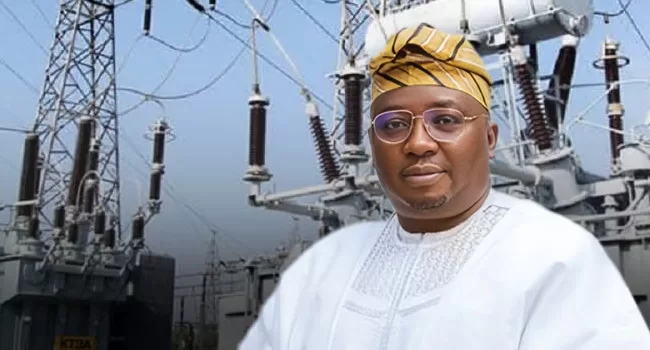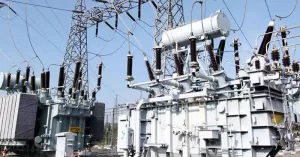The Federal Government of Nigeria has unveiled an ambitious energy access programme designed to transform the country’s energy sector and accelerate electricity access across the nation.
The initiative, which requires a total investment of $23.2 billion, is set to drive sector-wide transformation with $15.5 billion of this amount expected to come from private sector investments.
A statement by Bolaji Tunji, the spokesman for the Minister of Power, revealed that the programme is being spearheaded by Minister Adebayo Adelabu.
The project is a direct result of the recently concluded Mission 300 Africa Energy Summit in Dar es Salaam, Tanzania, which brought together African leaders, business executives, and development partners.
The summit, hosted by the Government of Tanzania, the African Union, the African Development Bank Group, and the World Bank Group, aims to accelerate electricity access for 300 million Africans by 2030.
According to Tunji, the government’s National Energy Compact initiative is set to achieve several key objectives, including increasing electricity access from 4% to 9% annually, boosting access to clean cooking solutions from 22% to 25% annually, and expanding the share of renewable energy in Nigeria’s power generation mix from 22% to 50%.
The government also aims to mobilize $15.5 billion in private investments to drive last-mile electrification.
Tunji emphasized that these efforts are in alignment with the United Nations Sustainable Development Goal 7, which seeks to ensure universal access to modern energy services.
He stated, “Through the energy access programme, tagged the National Energy Compact, the government aims to increase electricity access from 4 percent to 9 percent annually, boost access to clean cooking solutions from 22 percent to 25 percent annually, expand renewable energy’s share in the power generation mix from 22 percent to 50 percent, and mobilise $15.5bn in private investment to drive last-mile electrification.”
Minister Adebayo Adelabu, unveiling the programme, highlighted its potential to expand electricity access, increase renewable energy adoption, and improve clean cooking solutions for millions of Nigerians.
“With 150 million Nigerians already electrified, Nigeria remains committed to ensuring universal access to affordable and sustainable energy by 2030,” Adelabu said.
However, the minister acknowledged significant challenges, including the ongoing problem of vandalism of power infrastructure.
Adelabu noted that transmission towers, pipelines, and distribution equipment are being targeted, disrupting supply and discouraging potential investors. He stressed that protecting power assets is crucial for ensuring uninterrupted electricity supply and sustaining progress.
READ ALSO: NLC To Start Nationwide Protest Feb 4 Over 50% Telecom Tariff Hike
“The roadmap for expansion is clear, but we face challenges such as vandalism of power infrastructure, which poses a significant threat to our electrification efforts. Transmission towers, pipelines, and distribution equipment are being targeted, disrupting supply and discouraging potential investors,” he explained.
The minister assured that the government is intensifying efforts to curb vandalism through enhanced security measures, stricter penalties, and improved surveillance technologies.
“We are prioritising private sector participation to unlock additional resources for the country’s electrification efforts,” Adelabu added.
The energy access programme outlines an investment target of $23.2 billion, with $15.5 billion expected from private investors. These funds will be directed toward expanding power generation, strengthening transmission and distribution networks, and integrating distributed renewable energy solutions.
Adelabu called on development partners, philanthropies, and the private sector to join in the “transformative” journey to ensure Nigeria’s energy future.
“By implementing the action plan in the National Energy Compact, Nigeria is positioning itself as a leader in Africa’s energy transition while creating opportunities for economic growth, job creation, and industrialisation,” the minister said.
“As the Mission 300 initiative gains momentum, Nigeria’s strong commitment to energy sector reforms, infrastructure expansion, and investment mobilisation will be crucial in shaping the future of electricity access across the continent.”


